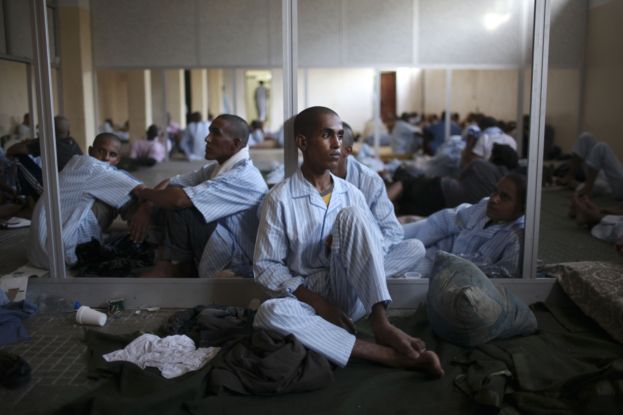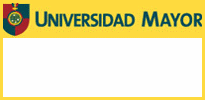Libya: Libya Education Profile
2012/03/16

Primary education is both free and compulsory in Libya. Children between the ages of 6 and 15 attend primary school and then attend secondary school for three additional years (15- to 18-year-olds). According to figures reported for the year 2000, approximately 766,807 students attended primary school and had 97,334 teachers; approximately 717,000 students were enrolled in secondary, technical, and vocational schools; and about 287,172 students were enrolled in Libya’s universities.
In 2001 public expenditures on education amounted to about 2.7 percent of the gross domestic product (GDP). Although no figures were found for government expenditures on education, Libyan television announced on September 1, 2004, that a new ministry for education had been formed, the General People’s Committee for Higher Education.
In the early 1980s, estimates of total literacy were between 50 and 60 percent, or about 70 percent for men and 35 percent for women, but the gender gap has since narrowed, especially because of increased female school attendance. For 2001 the United Nations Development Programme’s Human Development Report estimates that the adult literacy rate climbed to about 80.8 percent, or 91.3 percent for males and 69.3 percent for females.
According to 2004 U.S. government estimates, 82 percent of the total adult population (age 15 and older) is literate, or 92 percent of males and 72 percent of femalesHaving made remarkable improvements in recent decades to create the basic building blocks, the government continues to allocate significant resources to the education sector.
The adult literacy rate for citizens over the age of 15 years has improved from 60% in 1985 to 82.6% in 2006. This is compared to 74% in neighbouring Tunisia. Libya’s literacy rate for people between the ages 15-24 was 97%. However, improvements have been hampered by the dramatic increase in the volume of students and a dearth of qualified teachers.
Additionally there is a widespread perception within the sector and part businesspeople that Libyan students are not receiving the skills they need to further the development of the country’s economy. As the public sector works to cope with the pressure, there is an opportunity for the private sector to step in and take on some of the burden.
The government is as well encouraging cooperation and collaboration with foreign partners to improve standards.
- Libya News
-
- AFGHANISTAN: UNWTO: International tourism – strongest half-year results since 2010
- BOTSWANA: Why governments need to support the financial sector to meet the unserved needs of smallholder farmers
- BOTSWANA: International Arrivals To Africa Reach More Than 18 Million In 2017
- IRAQ: Illicit antiquities trade threatening cultural heritage
- BOTSWANA: Africa: USA-Africa - No Policy? Bad Policy? or Both?
- BOTSWANA: Africa: U.S. State Department To Get Experienced Diplomat in Key Africa Post
- Trending Articles
-
- BOTSWANA: Africa: U.S. State Department To Get Experienced Diplomat in Key Africa Post
- BURUNDI: Burundi: Govt Rejects UN Accusations of Crimes Against Humanity
- CHINA: China Invites 5 Countries As Guests For BRICS Summit
- ARUBA: Director of Tourism Turks and Caicos after Irma: Tourism, visitors, hotels current status
- IRAN: Saudi Arabia denies warming relations with Iran
- ISRAEL: Finance Ministry: Housing market slower in July






.gif?1356023993)






